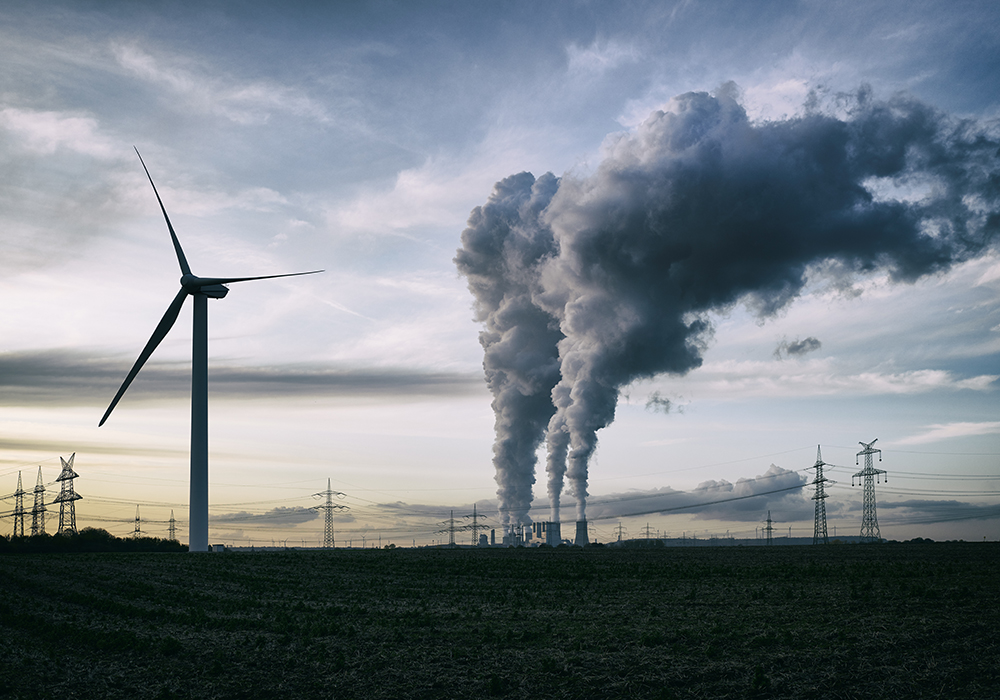Once upon a time, you could monitor agricultural events and news to glean most of the information and perspectives useful to your farming operation. Over the last couple years, big-picture trends and news have had an inordinate impact on agriculture and that will no doubt continue in the New Year.
Is Omicron the beginning of the end of the pandemic or is it just the latest phase in the long battle? Opinions vary, as do government responses domestically and around the world. How this unfolds will continue to affect the worldwide economy and the supply chains agriculture relies upon.
Read Also

Budget seen as fairly solid, but worrying cracks appear
The reaction from the agriculture industry to prime minister Mark Carney’s first budget handed down November 4th has been largely positive.
Manitoba Ag Days is the latest farm event pandemic casualty. Farm Tech in Edmonton was cancelled weeks ago. At this point, the Crop Production Show in Saskatoon is still planning to proceed, but it’s likely to be far from normal.
Next to the pandemic, climate change hysteria is a favourite topic for mainstream media. Every abnormal weather event becomes more newsworthy when linked to climate change. Our federal government is fixated on emission targets with almost every policy viewed through a climate change lens.
There is no longer any political party in Ottawa opposing carbon taxes. In the last election, the Conservatives said they would do it differently, but they too jumped on the carbon tax bandwagon.
Climate change programs and policies present challenges and opportunities for agriculture. Clean fuel mandates are spurring a move to renewable diesel production, and canola oil is a leading feedstock. This is a major factor behind the huge expansion in canola crush capacity planned for the next few years.
Meanwhile, the international drive to abandon fossil fuels is spurring shortages that have contributed to record high fertilizer prices.
The agriculture industry in this country used to brag about how food was inexpensive relative to disposable income. These days, it isn’t popular to claim food is a bargain. Inflation is riding higher than it has for decades, and rising food prices receive a lot of attention.
Cattle producers can rightly claim that they aren’t the reason for rising beef prices in supermarkets. However, there’s no denying that grain prices are at record highs.
Sure, the actual value of the grain in a loaf of bread or bottle of beer remains very small, but many food products have a much higher grain usage. Yes, processing costs, transportation expenses and labour shortages all play a role, but food inflation is poised to become an issue of increasing concern.
Inflation is also related to government spending. Running governments during a pandemic has provided justification for huge deficits. This is particularly true federally where the accumulated debt of over a trillion dollars is growing by nearly half a billion each day. Once government support programs are established, it’s very difficult to pull them back.
Higher interest rates will be needed to control inflation, impacting all businesses including farms. Higher rates will also make government debt more worrisome.
With record high grain prices and consumers complaining about food prices, it won’t be a politically conducive environment for enhancing business risk management programs. Meanwhile, support for agricultural research and development will be viewed through the aforementioned climate change lens.
Internationally, the actions of both China and Russia are concerning. It’s difficult to envision a scenario where this doesn’t worsen. Political tensions usually have ramifications for agricultural trade.
The easiest prediction for agriculture in 2022 is that worldwide, mainstream issues will have more impact than ever.
Kevin Hursh is an agricultural journalist, consultant and farmer. He can be reached by e-mail at kevin@hursh.ca.
















